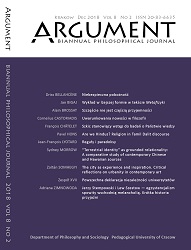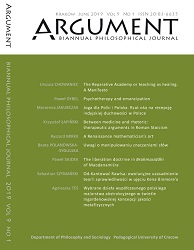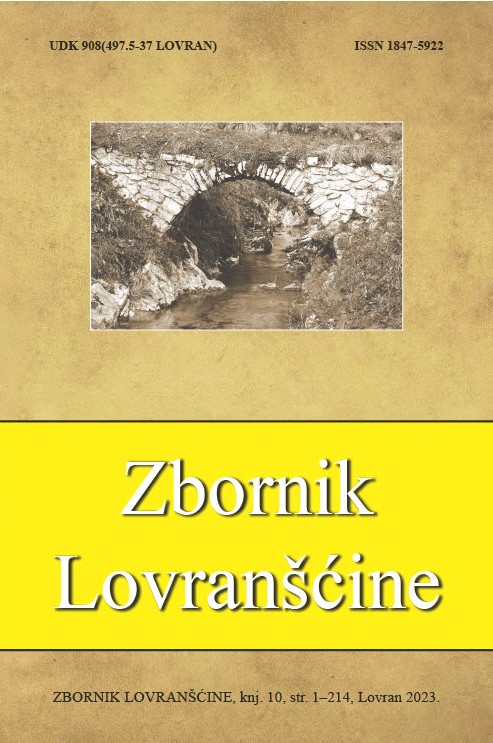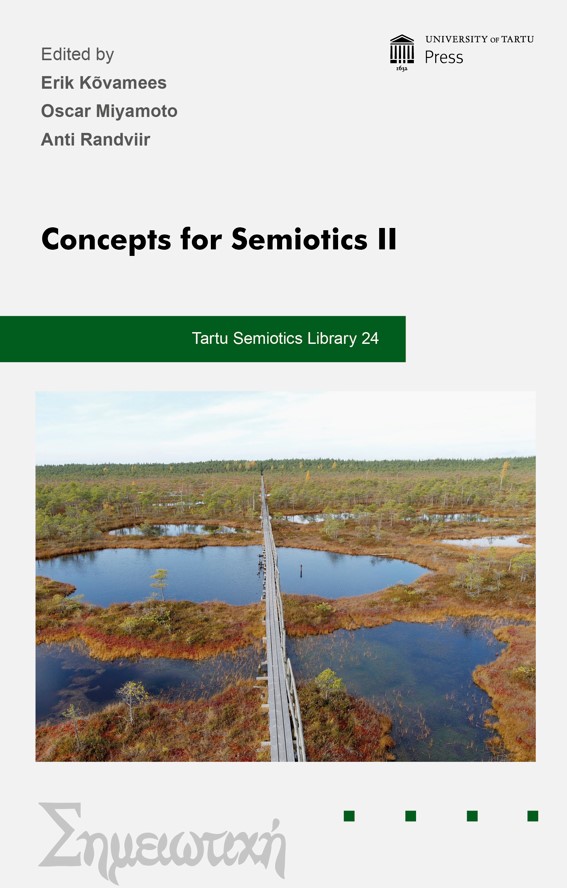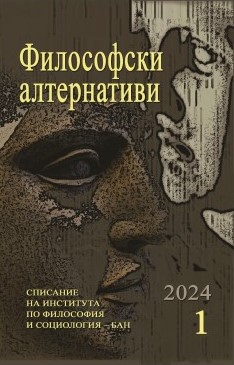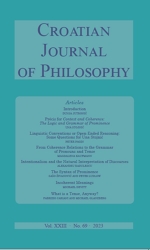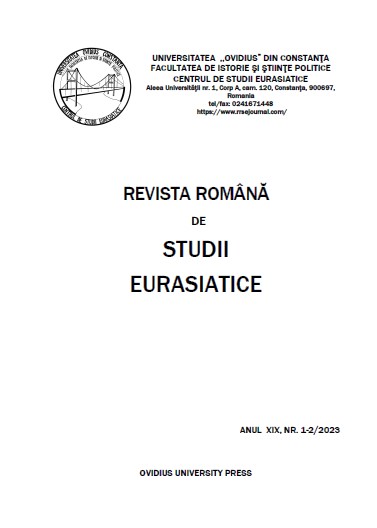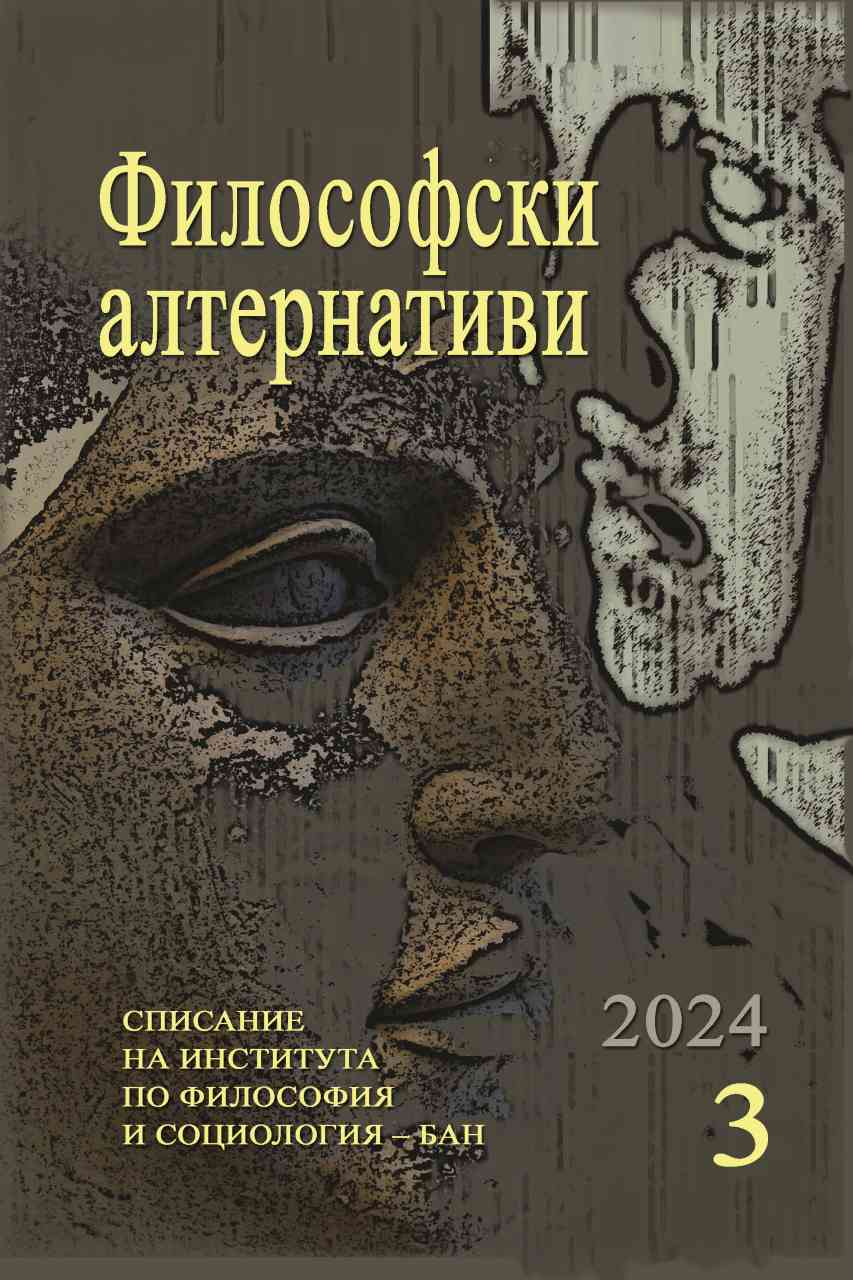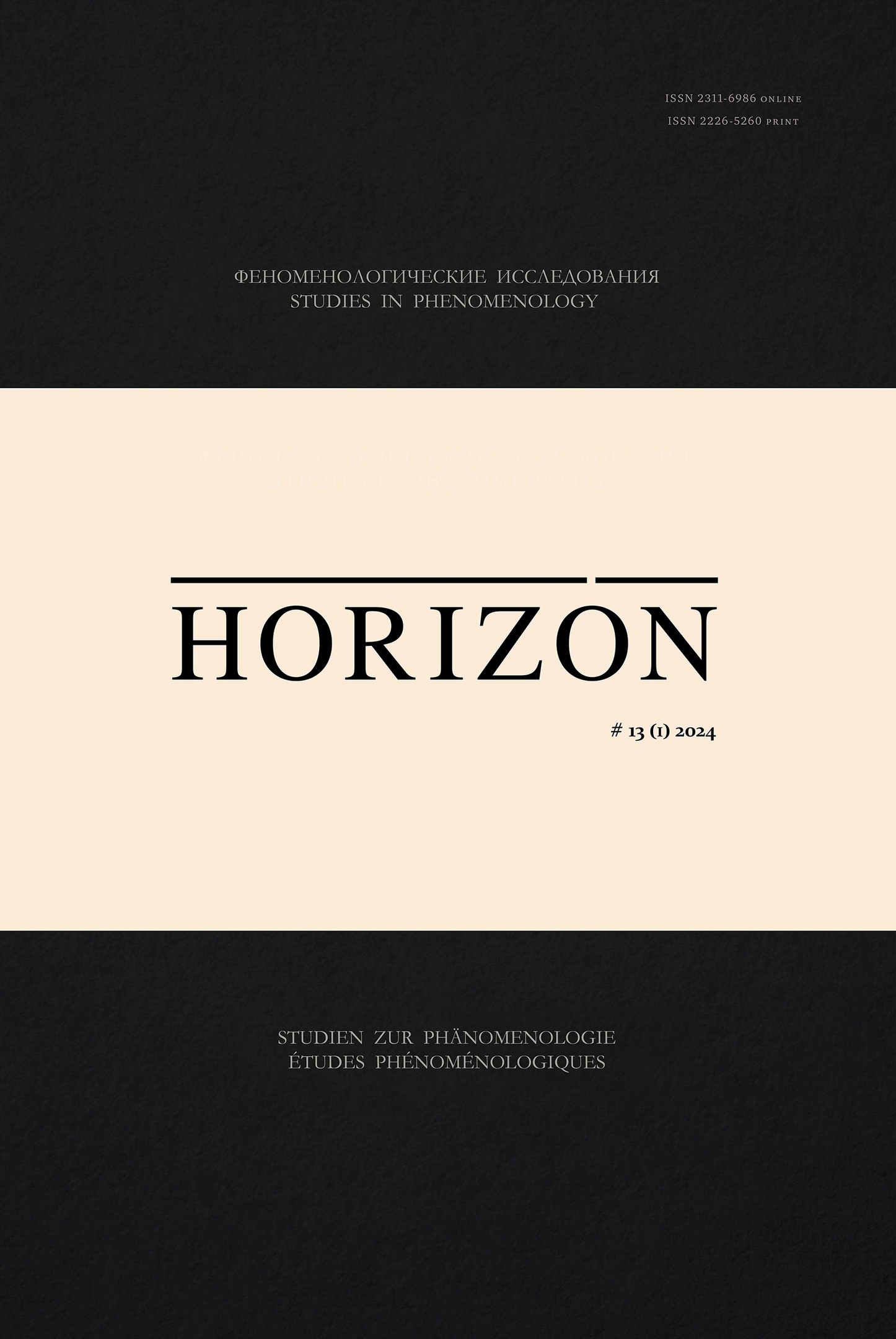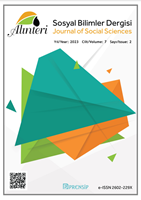Author(s): Herman Tamminen / Language(s): English
Issue: 24/2023
Tamminen’s prefatory article discusses modal semiotics. Its aim is to describe thinking and behaviour in/of different cultures and their modalities three-dimensionally from an impartial third-person metalevel standpoint. By adopting the structural approach in accordance with Algirdas Greimas’ theory of modalities, the becoming of a base value from its paradigmatic-virtual mode of existence to its consequent syntagmatic-actual existence viz. the axiologization and consequent ideologization of value will be described in the first part of the text. The second part provides a thorough overview of modal methodology as developed by David B. Zilberman, so as to propose their mutual methodological complementarity, and to suggest future pathways as to their reconciliation and further development. The description of modal structures, values, and categories can be used as a “shortcut” in attaining to understand differences in types of thinking and behaviour per (cultural) tradition as a metaphysical frame of reference for (a) the norms, values, and ideas objectified in culture; (b) the temperament, character, and interest observable in phenomenal behaviour; and (c) the significance, signification, and meaning subjectified in consciousness. Academically, Tamminen is devising the construct for modal semiotics, a project of which the paper at hand is also a part of; other texts concerning the same topic include “Body ground ‘red’ – integrating Peirce, Kristeva, and Greimas” and the upcoming “Blood gilded time – reflections on the sublogical bearings between passion, possession, and perish”. His many interests include, but are not restricted to, consciousness, dreaming, the symbol, thinking, culture, the analogous structure and function of the individual and collective intellects, modal semiotics, and the inevitable.
More...
